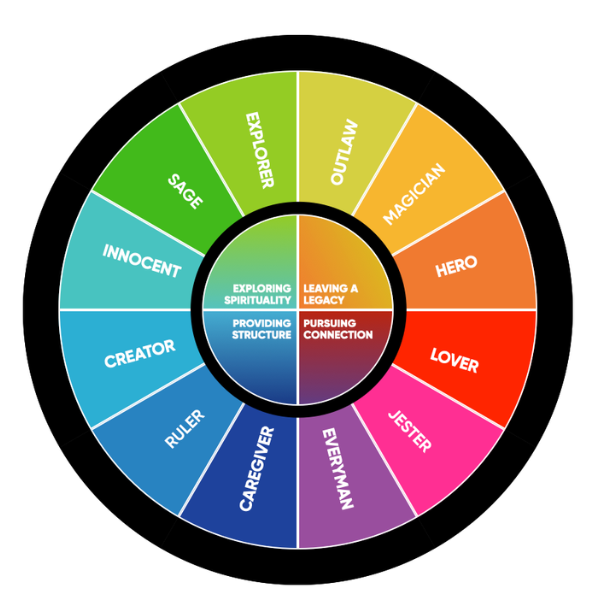Our firm is often called upon to engage in pro bono work. Sometime a long-standing client will ask us to provide our services for a worthy cause. Other times, employees of our firm might have a specific interest that could use our help. The reasons vary.
However there is a list of criteria we’ve learned to ask ourselves before making a commitment, and we offer them up for discussion as a good rule of thumb for others about to take this leap. Here’s our top 10.
1. Our first consideration is timing. Can we as a firm take on the commitment based on what we’ve already committed to in our studio? As much as we may want to, if our resources are thin, we have to pass.
2. Is the cause something we’re passionate to support? And will it go against the beliefs of even a minority in our firm?
3. Will a partner lead this charge? We don’t believe that it sends the right message to ask our employees to make a personal commitment of time and energy if we are not leading by example.
4. Is the potential client specific about their goals? It’s not enough to want a new identity or website. When working for a pro bono cause we seek actionable results for these clients. Our time is too valuable to create something for the sake of making it “new.”
5. Can the client afford to produce something of quality? This one’s admittedly a bit tricker to stick to. You must be up front regarding this question. Don’t wait till after you’ve committed. If the case is such that there is no funding for creative services, we still must know that the client can either find funding to produce quality execution or has secured other partners who will donate their services— at the same level of commitment that Grafik brings to the table.
6. Are we committed to the work being done on business hours? From our experience, we’ve realized that it’s critical that our staff understands Grafik is serious about the commitment we’ve taken on.
7. Will this effort foster a deeper relationship with our long-standing clients? Another tough one to answer. Only you can figure this out.
8. Can we create a story in our community around our effort? OK, it may sound a bit self-serving but it is a real consideration as we make our choices.
9. Can we exercise our creative chops? Another consideration that may on the surface sound less “selfless,” but pro bono work is not charity.
10. Is the potential client willing to give your firm creative freedom? You’d assume if they’ve approached you, that must respect what you can offer. Not always the case. Please don’t dance around this one. Be specific.
Should you be able to to answer yes to all of these. Of course. But if you end up with half on the affirmative side, go back to question #1 and then make your decision.






